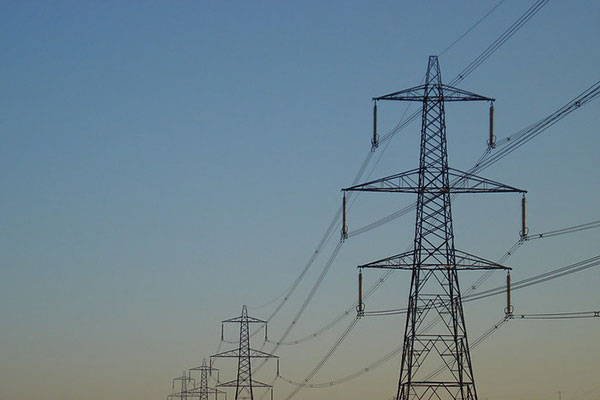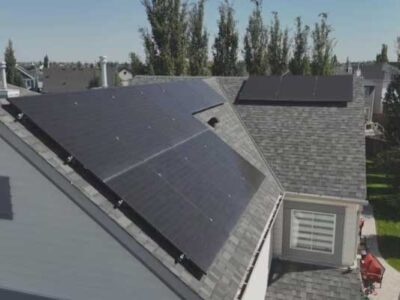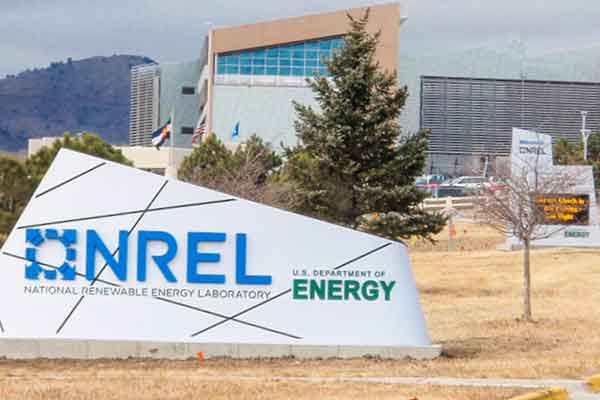- The project is due to be operational by the first half of 2020.
- It will include a 1 MW rooftop photovoltaic system combined with a 0.5 MW/2.0 MWh battery storage, and 11 Enel X JuiceBox electric vehicle smart charging stations for public use.
- Enel X and UMass Boston will share in the economic benefits that are set to be created through the project’s enrollment in the MA SMART Feed-in-Tariff.
Boston — Enel X, the Enel Group’s advanced energy services business line, signed an agreement with the University of Massachusetts (UMass) Boston to install a 1 MW solar photovoltaic (PV) facility integrated with a 0.5 MW/2.0 MWh lithium-ion energy storage system, as well as 11 Enel X JuiceBox electric vehicle (EV) smart charging stations at the campus. The project is expected to be operational by the first half of 2020.
“This project demonstrates the breadth of innovative technologies and services Enel X provides to customers that deliver cost savings and manage their energy needs, while also uniquely serving as a tool for students through hands-on learning opportunities,” said Surya Panditi, Head of Enel X North America. “The UMass Boston project underscores Enel X’s ability to deliver solutions that help customers meet their energy and sustainability goals. Our benefit share financing model enables the University to implement this project at no upfront capital expense.”
Under the terms of the agreement, Enel X will purchase, install and operate the system on behalf of the University. The 1 MW rooftop solar facility, designed and developed in partnership with leading US provider of solar photovoltaic solutions EnterSolar, is expected to generate up to more than 1,200 MWh annually of renewable energy.
Through the integration of the PV facility with the lithium-ion energy storage system, UMass will be able to generate and store renewable energy to be used when electricity costs are highest whereby reducing the campus’s grid dependence and energy spending by more than 1.5 million US dollars over the life of the contract. Like all Enel X storage deployments, this project will utilize Enel X’s Distributed Energy Resources (DER) Optimization software, and its unique capabilities to maximize the earnings potential across multiple options, such as demand and energy management programs.
Enel X’s JuiceBox charging stations will utilize its smart, cloud software to monitor and adapt to changes in local energy markets, allowing for charging to be adjusted based on renewable energy availability or energy costs at any given time.
Enel X and UMass Boston will share in the economic benefits that are set to be created through the project’s enrollment in the MA SMART Feed-in-Tariff, local utility peak energy efficiency programs. The project will also allow the participation of the battery storage system in the ISO-New England’s demand response program, which pays large energy consumers to reduce their electricity consumption in response to grid system needs, as well as providing incremental payments if and when they are dispatched.
Enel X will also leverage its market expertise to provide UMass Boston with access to potential future programs, such as the Clean Peak Standard, which provide incentives to clean energy technologies that supply electricity or reduce demand during peak periods.
“UMass Boston is home to a student body, faculty, and staff committed to sustainable energy,” noted UMass Boston Interim Chancellor Katherine Newman. “This innovative collaboration with Enel X will enable us to take the campus to the next level by generating and storing energy in a fashion that minimizes our costs and maximizes the value of the solar energy we generate on the rooftop. We look forward to working with Enel X to pioneer this technology and lead the way for other organizations that will benefit from the savings and efficiency it produces.”
The project received financial support from a grant from the Advancing Commonwealth Energy Storage (“ACES”) program through the Department of Energy Resources (“DOER”) and administered by the Massachusetts Clean Energy Center (“MassCEC”) in 2017. Additionally, the project leverages the Solar Massachusetts Renewable Target (SMART) Program, a long-term incentive program designed to encourage the development of solar PV technology in the state. The SMART Program, launched in 2018 by the Massachusetts Department of Energy Resources and in conjunction with participating electric utilities, incentivizes behind-the-meter solar power capacity in the state and creates opportunities for commercial and industrial energy users to integrate solar-plus-storage systems.
Demand response programs pay large energy consumers, such as manufacturing facilities, government agencies, and commercial real estate companies, to adjust their power consumption, which provides valuable energy services to the grid. Demand response provides greater grid flexibility and more efficient use of power infrastructure, with a view to help keep electricity prices as low as possible for all consumers.















Comments